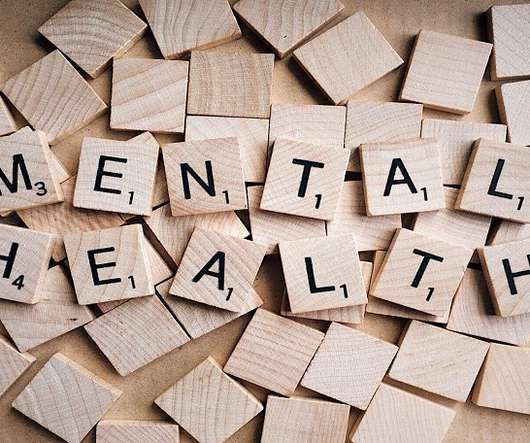How to Choose a Therapist: Tips and Fits
Stop Abuse Campaign
JANUARY 13, 2022
In this article, we’ll discuss how to choose the right therapist for you. Bipolar disorder. Trauma or abuse history or PTSD. Eating disorders. Personality disorders. Behavioral disorders in children and adolescents. Behavioral disorders in children and adolescents. Substance abuse disorders.












Let's personalize your content